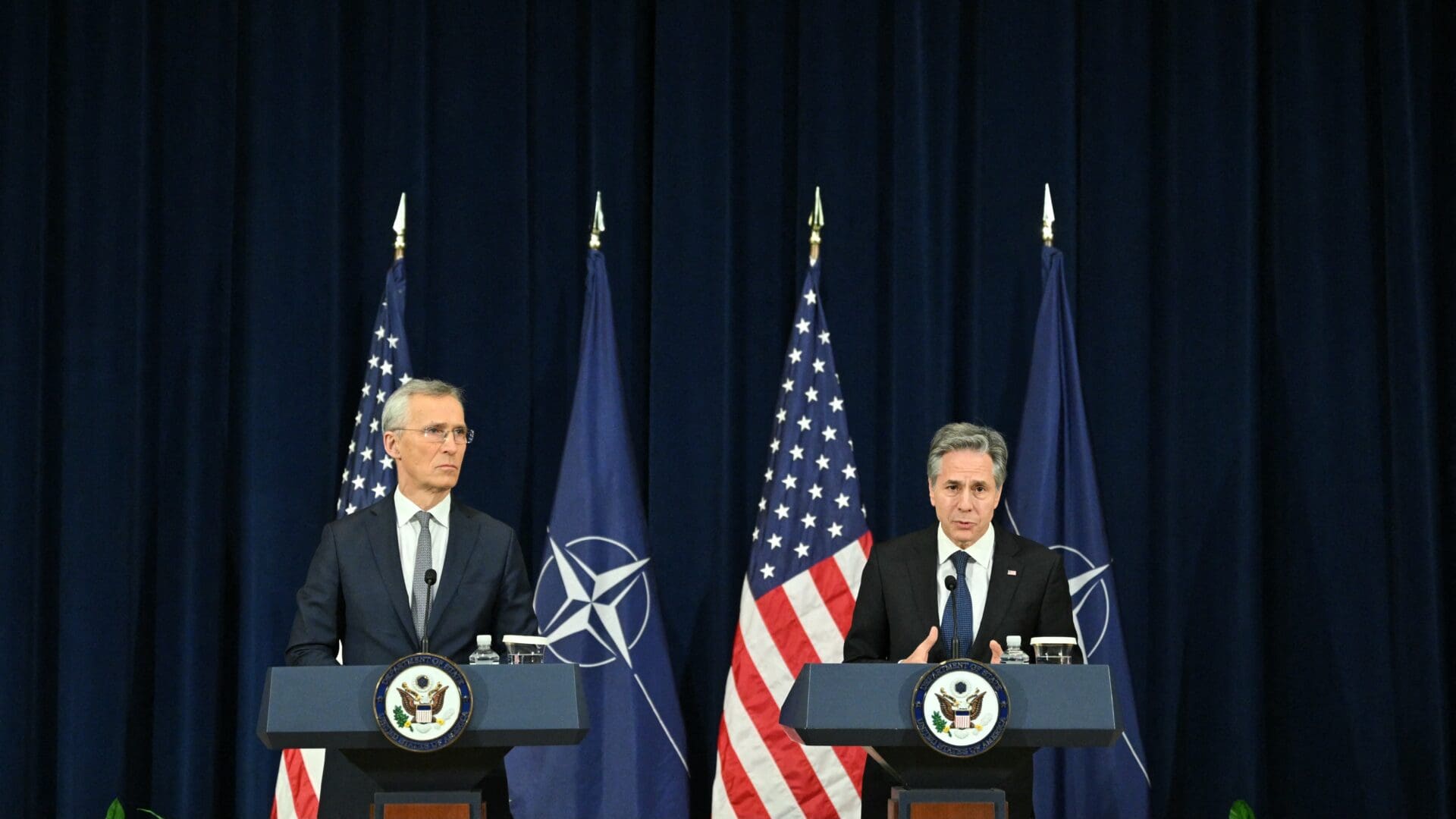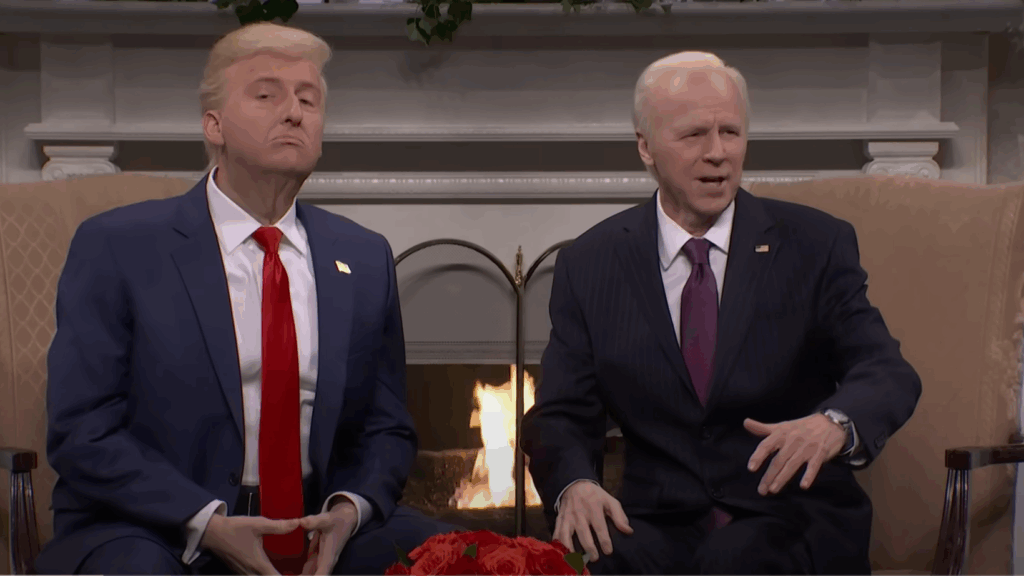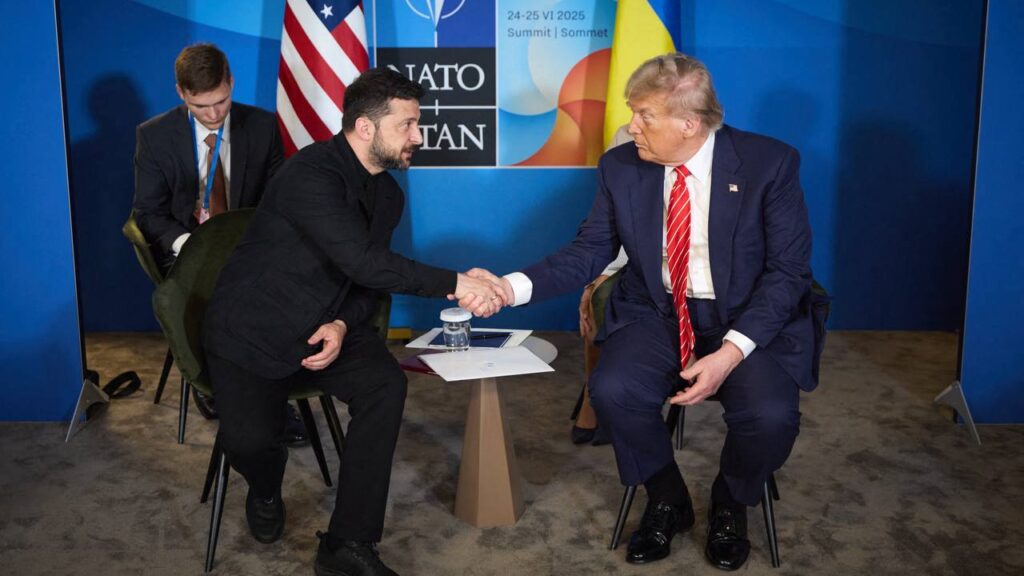According to press reports, NATO could assume the role of the United States as the coordinator of arms shipments to Ukraine. This would be accomplished—as reported by German newspaper Handelsblatt—by the defence alliance taking over the so-called Ukraine Defense Contact Group (Ramstein format). The group was established in April 2022 at the initiative of Washington and brings together countries, NATO members and 23 non-NATO countries, that are supporting Kyiv in the war with arms, military equipment, and ammunition. At meetings of the Ramstein format, the participating countries decide on military assistance to Ukraine.
The plan to integrate the Ramstein format into NATO is the brainchild of US National Security Advisor Jake Sullivan and NATO Secretary General Jens Stoltenberg. Those who have formulated the plan perceive the imperative for reorganization primarily due to concerns that a potential victory of Donald Trump in the November presidential elections would result in
the United States discontinuing its support for Ukraine.
Since the conflict in Ukraine began, the former President has consistently asserted that, were he in office, he would broker peace between the conflicting parties within 24 hours. Furthermore, according to media reports, Trump’s influence has prompted Republicans to obstruct further financial and military assistance to Ukraine—although there are recent advancements on this front. Throughout his tenure and thereafter, Trump has frequently—and mostly rightly— criticized NATO allies for their failure to meet the alliance’s stipulated 2 percent of GDP defence expenditure. Notably, the former President recently articulated that, in the event of a Russian incursion, the US would withhold defence of member states failing to fulfil their defence spending obligations.
The United States is by far the largest military donor to Ukraine. According to the German Kiel Institute for the World Economy's Ukraine Support Tracker, Washington has so far provided Kyiv with €44 billion in military aid, followed by Germany with €17.1 billion.
The plan garners support from France, the UK, and several Eastern European countries, presumably including Poland and the Baltic states. However, Berlin remains sceptical of the plan, as government sources conveyed to Handelsblatt that such a decision would validate the Kremlin’s narrative that Russia is engaged in conflict with NATO. Indeed, if the plan were to materialize, NATO would deviate from its steadfast stance, held since the outbreak of war, that no arms would be supplied at the alliance level—a determination that member governments could make individually.
Altering this approach would inherently heighten the risk of escalation.
NATO-coordinated arms transfers is also something the Hungarian government opposes. Since the onset of the conflict, Prime Minister Viktor Orbán and Foreign Minister Péter Szijjártó have consistently emphasized that Hungary will refrain from providing weapons to Ukraine, citing concerns for the security of the Hungarian population in Transcarpathia. ‘Hungary has agreed to permit the European Union to facilitate the transfer of weapons to Ukraine, but the government abstains from engaging in such transfers on a bilateral basis and prohibits the transportation of lethal weapons through our territory,’ emphasized Szijjártó in the initial days of the conflict. This stance has aligned with NATO’s position thus far; however, any potential shift in this regard could potentially create discord between Hungary and member states supporting the alliance’s plan.
Related articles:








